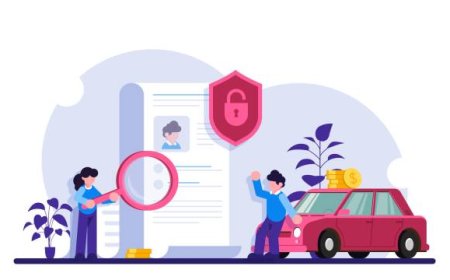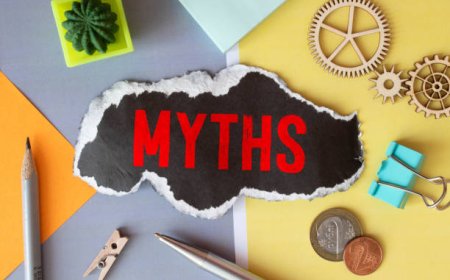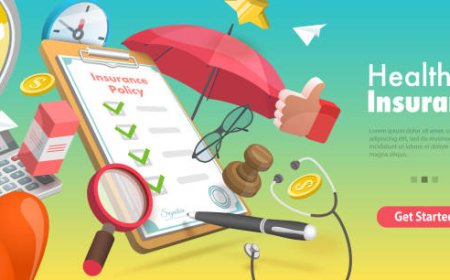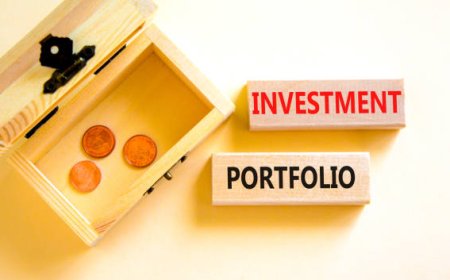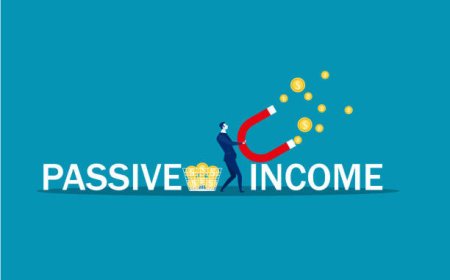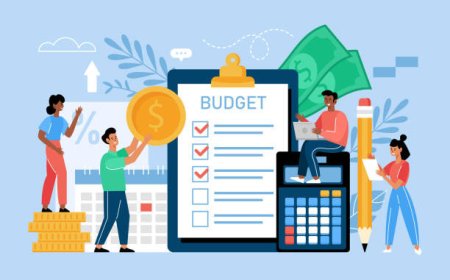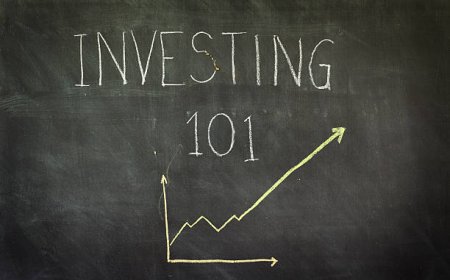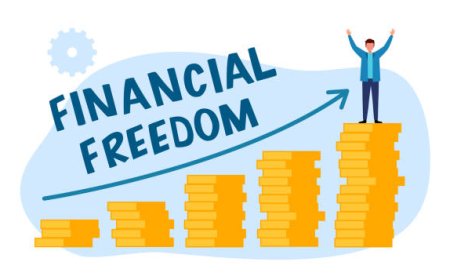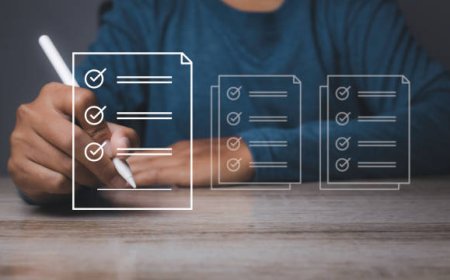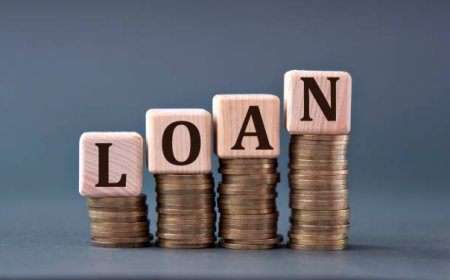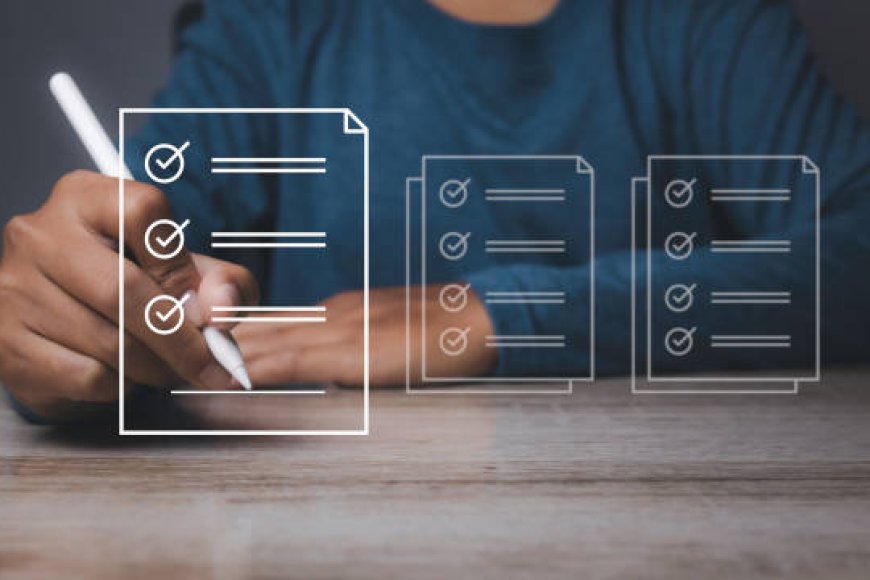Taking out a loan can feel like a lifeline, a quick solution to a big financial need. Whether it's for a new car, a home, or to cover an unexpected expense, borrowing money is a major decision with long-term consequences. In the rush to get the cash you need, it's easy to overlook the details that can either save you a fortune or put you in a deep financial hole. The key to smart borrowing isn't just about finding the lowest interest rate; it's about asking the right questions before you sign on the dotted line.
This guide is your essential checklist. By considering these seven questions, you can cut through the lender's jargon, understand the true cost of your loan, and ensure that your borrowing decision empowers, rather than burdens, your financial future.
1. What is the Annual Percentage Rate (APR)?
This is the most important question on the list. Many lenders will advertise a low interest rate to attract you, but the interest rate is just one part of the total cost. The Annual Percentage Rate (APR) includes the interest rate plus any additional fees and charges, such as origination fees, closing costs, or administrative fees. The APR is the truest representation of the loan's cost, and it's the number you should use when comparing loan offers from different lenders. A loan with a slightly higher interest rate but a lower APR might actually be the better deal.
2. What is the Total Cost of the Loan?
Beyond the APR, you need to calculate the full, real cost of borrowing. A longer loan term means a lower monthly payment, which can be tempting. However, you'll pay more in total interest over the life of the loan. Ask the lender for a full amortization schedule that shows exactly how much you'll pay in both principal and interest over the entire loan term. You might be surprised to see that what seems like a small monthly payment difference can add up to thousands of dollars over time.
3. Is the Interest Rate Fixed or Variable?
This question determines the predictability of your loan payments. A fixed-rate loan has an interest rate that remains the same for the entire loan term. Your monthly payment will be consistent, providing stability and making it easier to budget. A variable-rate loan has an interest rate that can change, usually based on a market index. While these loans often start with a lower interest rate, they carry the risk of your payments increasing if interest rates rise. If you're planning on a long-term loan, a fixed rate may offer more peace of mind.
4. Are There Any Prepayment Penalties?
The goal is to pay off your debt as soon as possible, but some lenders make it difficult to do so. A prepayment penalty is a fee charged by the lender if you pay off the loan early. This is a crucial question to ask, especially if you anticipate having extra funds to pay down your loan faster. A loan with no prepayment penalty gives you the flexibility to save on interest by making extra payments whenever you can.
5. What are the Fees and Closing Costs?
A loan isn't free to set up. There can be a variety of fees associated with the process, from application fees and credit check fees to origination fees and closing costs. These fees can add up quickly and affect the APR. Get a detailed breakdown of all the fees and understand exactly what they're for. Don't be afraid to ask if any of the fees are negotiable.
6. What Collateral is Required?
This question addresses the level of risk you are taking on. A secured loan requires you to put up an asset, like a car or a home, as collateral. If you fail to repay the loan, the lender can seize the collateral to recover their money. An unsecured loan, like a personal loan, does not require collateral. Because secured loans are less risky for the lender, they usually come with a lower interest rate. You need to be comfortable with the possibility of losing your collateral if circumstances change.
7. What Happens If I Miss a Payment?
Life happens. A job loss or an unexpected medical bill could make it difficult to make a payment on time. Understand the consequences of a late or missed payment before you take out the loan. Ask about late fees, how a missed payment will affect your credit score, and what the grace period is. A good lender should be transparent about these policies and, in some cases, may be willing to work with you during a period of financial hardship.
By using this checklist, you are moving from being a passive borrower to an informed and strategic one. Taking a few extra minutes to ask the right questions can save you money, protect your assets, and give you confidence as you navigate your financial journey.
What's Your Reaction?
 Like
1
Like
1
 Dislike
0
Dislike
0
 Love
0
Love
0
 Funny
0
Funny
0
 Angry
0
Angry
0
 Sad
0
Sad
0
 Wow
1
Wow
1

